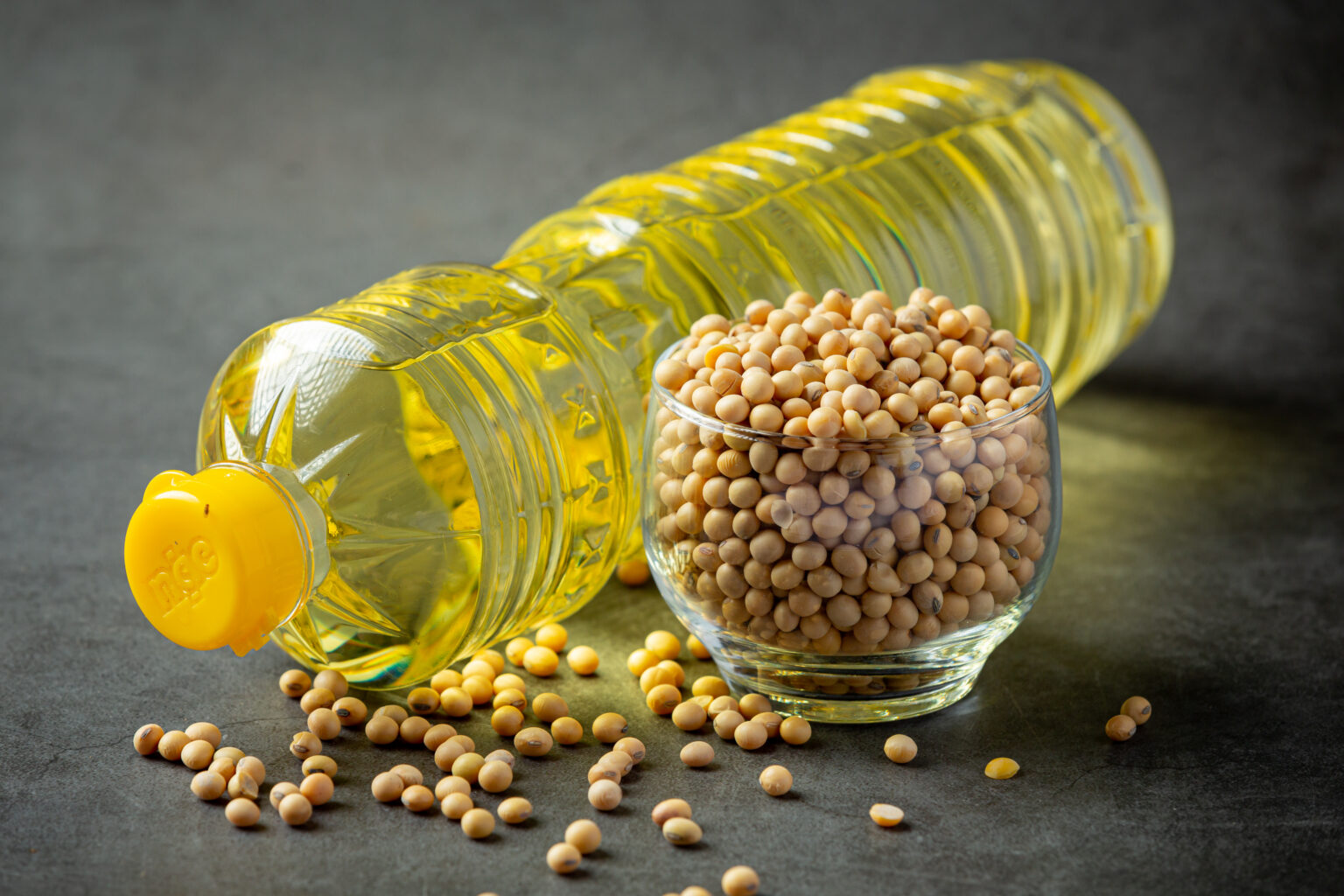The popularity of veganism has been steadily increasing in recent years, with many individuals adopting a plant-based lifestyle for various reasons, such as health, environmental concerns, or ethical considerations. One of the main challenges faced by vegans is ensuring an adequate intake of protein, as this nutrient is commonly associated with animal products. While soybeans have long been touted as a versatile and protein-rich staple for vegans, it is important to acknowledge that soy allergies are relatively common. Thankfully, there are numerous alternative plant-based protein sources available that can provide the necessary balance in a vegan diet while avoiding soybean allergies.
Soy Allergies: Understanding the Concerns
Soybeans, derived from the legume Glycine max, have been a popular source of protein for vegans due to their high nutritional value and versatility. They contain all essential amino acids, making them a complete protein source, and are widely used to produce various soy-based products such as tofu, tempeh, and soy milk.
However, soy allergies can pose significant challenges for individuals who are sensitive or intolerant to this legume. Soy allergy is one of the most common food allergies, particularly in children. Symptoms can range from mild, such as hives or itching, to severe, including difficulty breathing or anaphylaxis, a life-threatening reaction. If you suspect a soy allergy, it is crucial to consult with a healthcare professional for proper diagnosis and guidance.
Diversifying Plant-Based Protein Sources
For individuals with soy allergies, finding suitable plant-based protein alternatives is essential to maintain a balanced vegan diet. Fortunately, there is a wide array of options available that can meet protein requirements while avoiding soy. Let’s explore some of these alternatives:
- Legumes: Like soybeans, other legumes such as lentils, chickpeas, and black beans are excellent sources of plant-based protein. They are versatile and can be used in a variety of dishes, including soups, stews, salads, and even plant-based burgers. Legumes also provide essential nutrients like fibre, iron, and folate.
- Quinoa: Although technically a seed, quinoa is often considered a grain due to its culinary uses and nutritional profile. It is a complete protein source and contains a good balance of essential amino acids. Quinoa can be a valuable addition to salads, stir-fries, or served as a side dish.
- Nuts and Seeds: Almonds, walnuts, pumpkin seeds, chia seeds, and hemp seeds are rich in protein and healthy fats. These can be incorporated into meals and snacks, such as sprinkling seeds on salads or adding nut butters to smoothies. They also provide additional nutritional benefits like omega-3 fatty acids and various vitamins and minerals.
- Seitan: Seitan, also known as wheat meat or wheat gluten, is a popular protein alternative for those with soy allergies. Made from gluten, the protein component of wheat, seitan has a meaty texture and is often used in stir-fries, stews, and sandwiches. It is important to note that individuals with gluten sensitivities or celiac disease should avoid seitan.
- Plant-Based Protein Powders: Various protein powders derived from sources like pea, rice, hemp, or pumpkin seeds can provide an easy and convenient way to supplement protein intake. These powders can be added to smoothies, baked goods, or mixed with plant-based milk for a quick protein boost.
Balancing Macronutrients and Micronutrients
While it is essential to focus on plant-based protein alternatives, it is equally important to maintain a well-rounded and balanced vegan diet. Paying attention to macronutrients (protein, carbohydrates, and fats) and micronutrients (vitamins and minerals) ensures optimal nutrition.
Including a variety of fruits, vegetables, whole grains, and healthy fats alongside the protein sources mentioned above can help achieve this balance. Additionally, fortified plant-based milks, cereals, and nutritional yeast can contribute to vitamin B12 and calcium intake, which are nutrients often found in higher quantities in animal products.
Seeking Professional Guidance
If you are considering or following a vegan diet, especially due to soy allergies, it is advisable to consult with a registered dietitian or healthcare professional experienced in plant-based nutrition. They can help create a personalised meal plan that meets your nutritional needs while taking into account any allergies or dietary restrictions.
Soy allergies need not deter individuals from adopting a vegan lifestyle or obtaining adequate protein intake. By exploring alternative plant-based protein sources, diversifying meals, and seeking professional guidance, one can find balance in a vegan diet that avoids soybeans while meeting nutritional requirements. Embracing a well-planned and diverse plant-based diet can contribute to a healthy and sustainable lifestyle.








